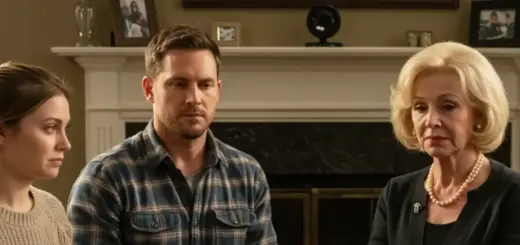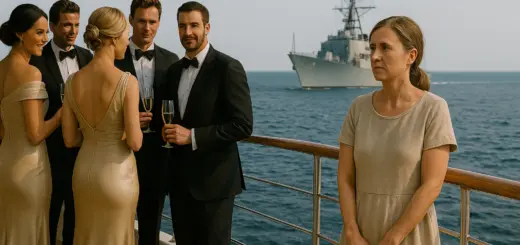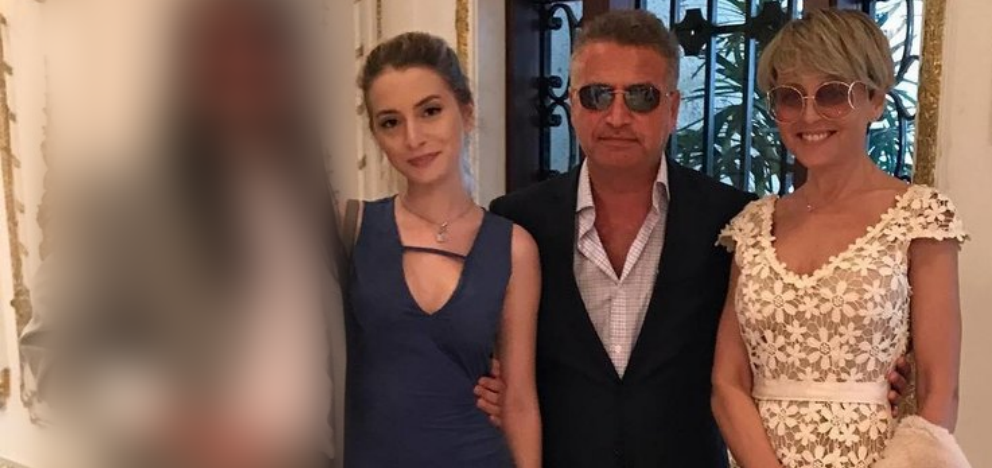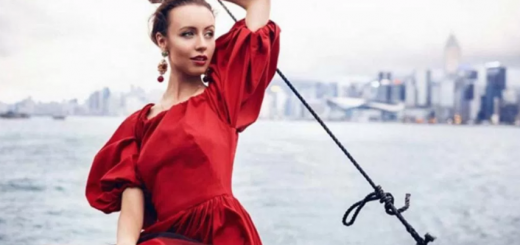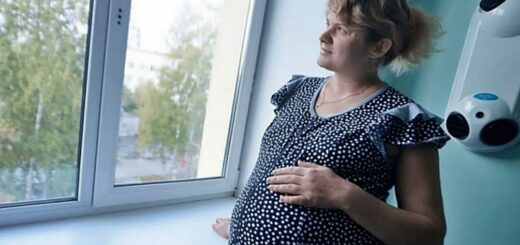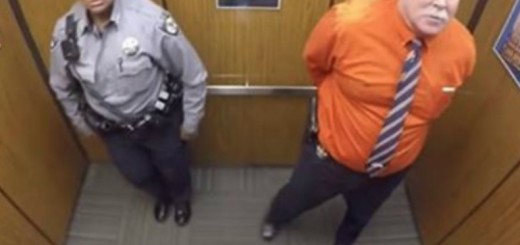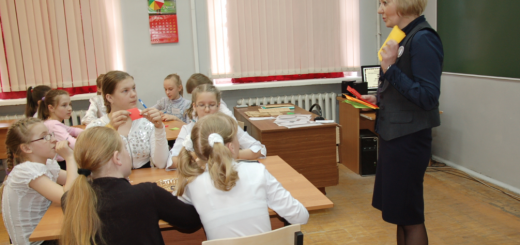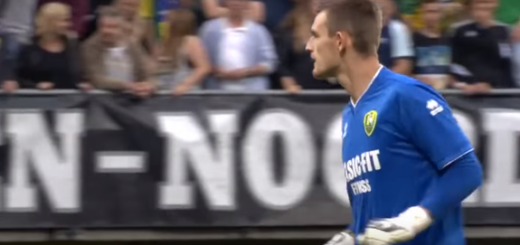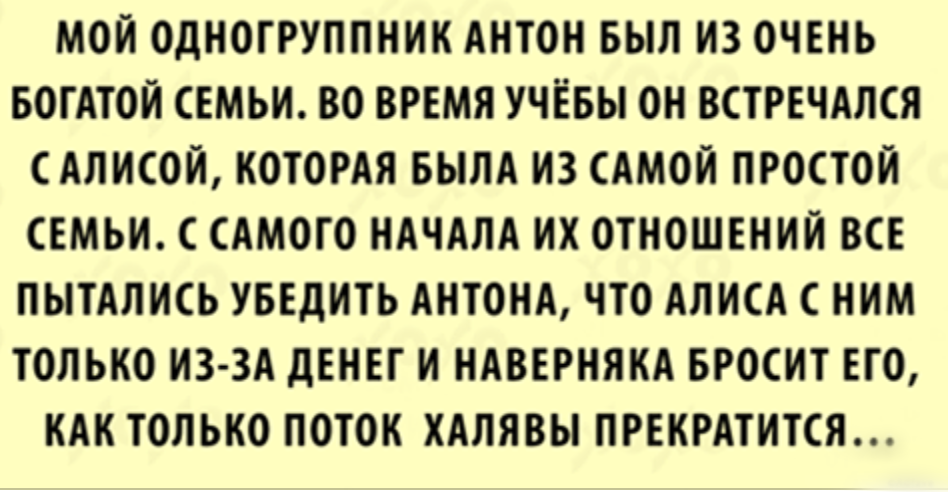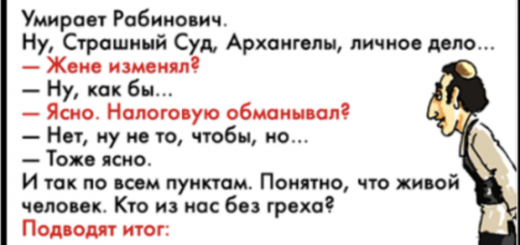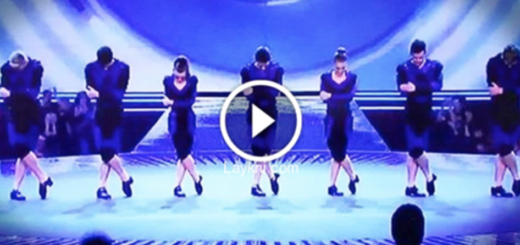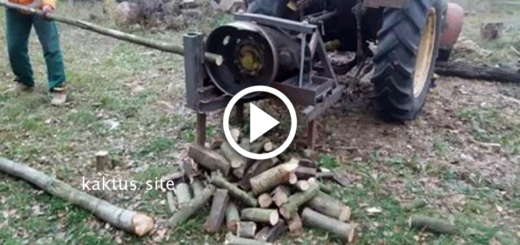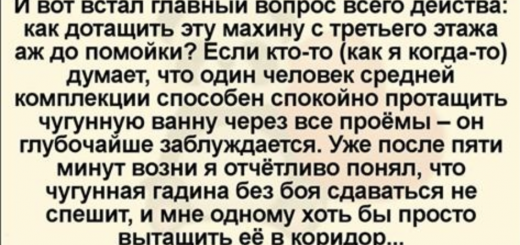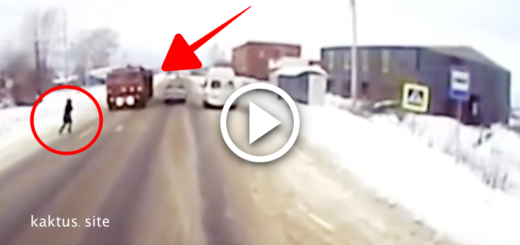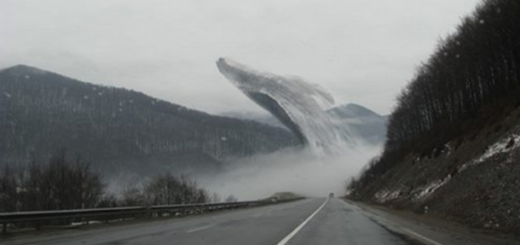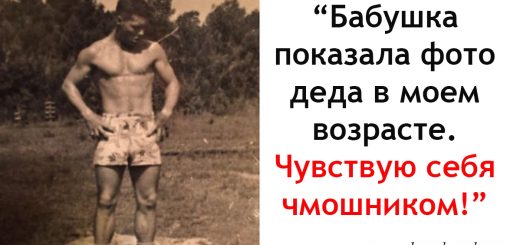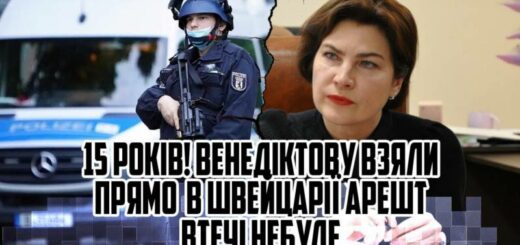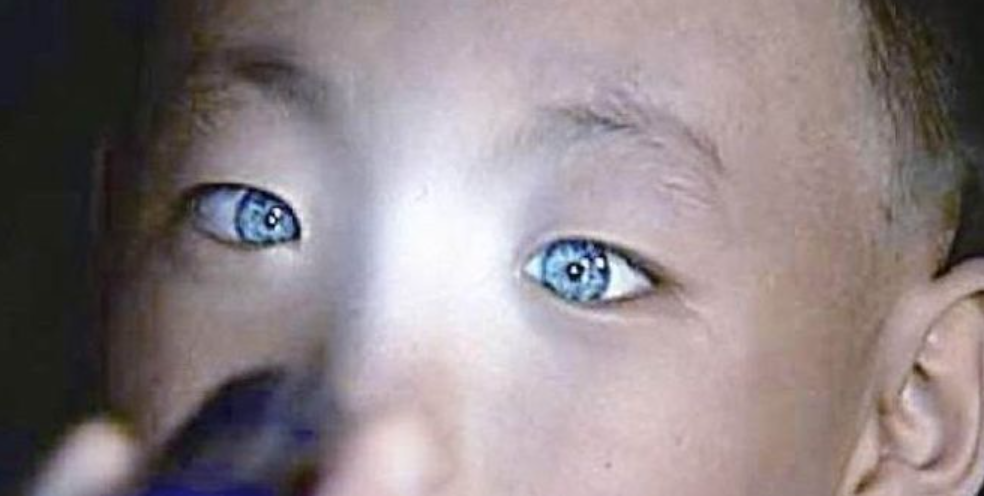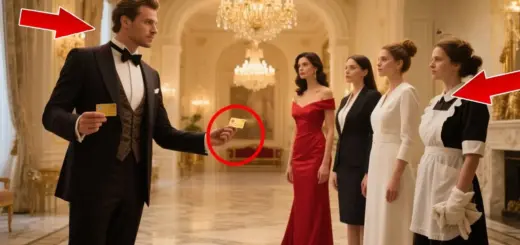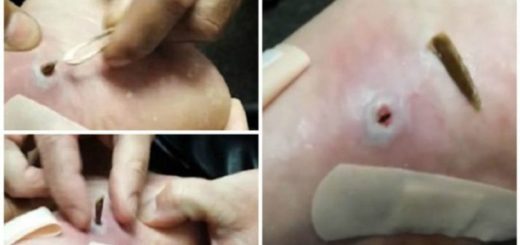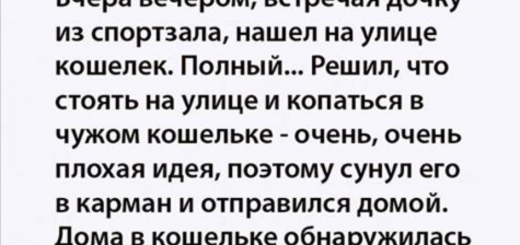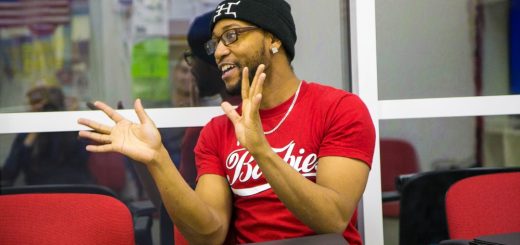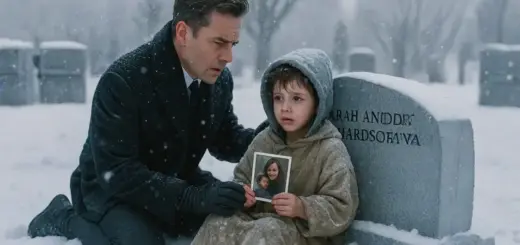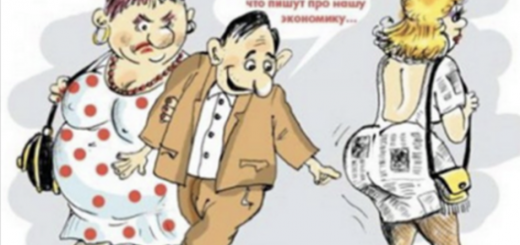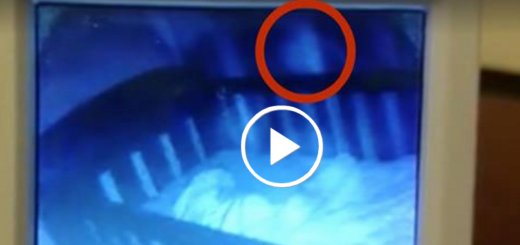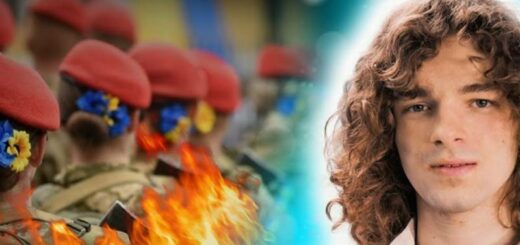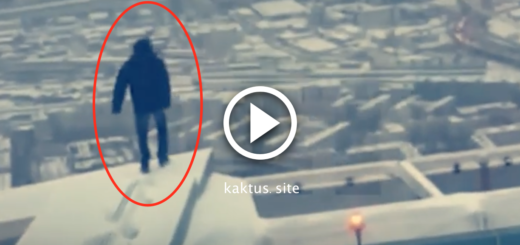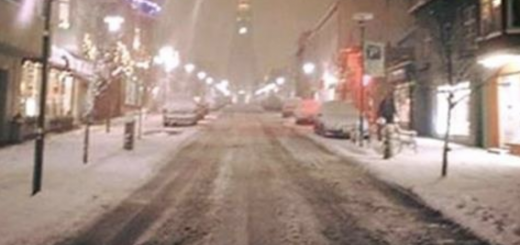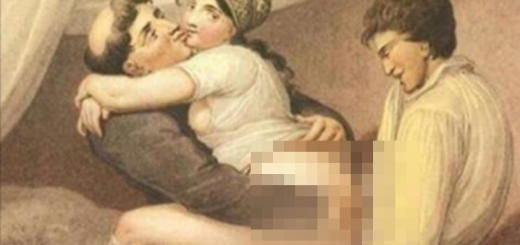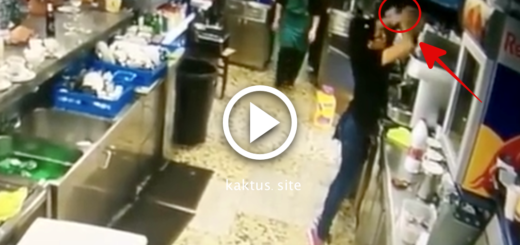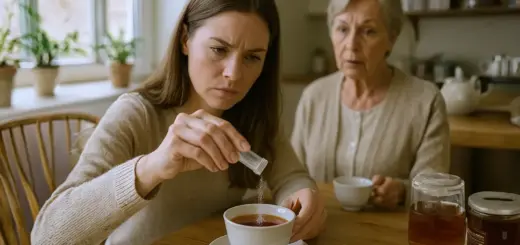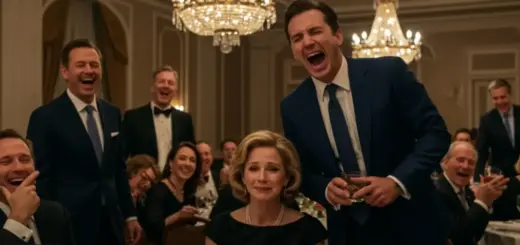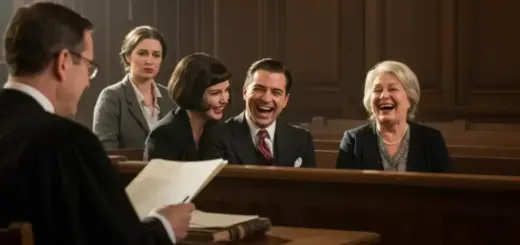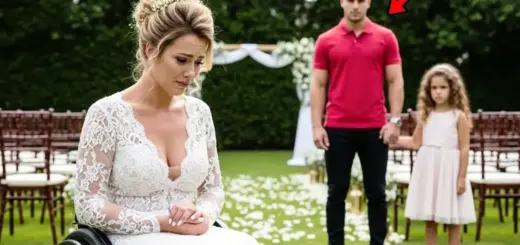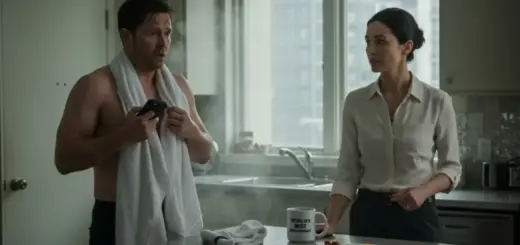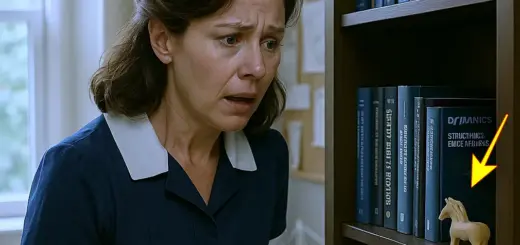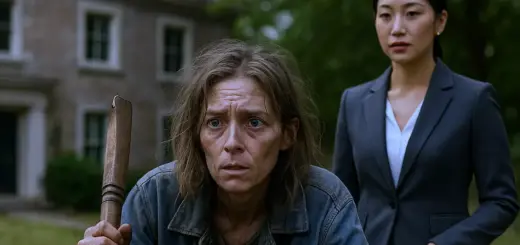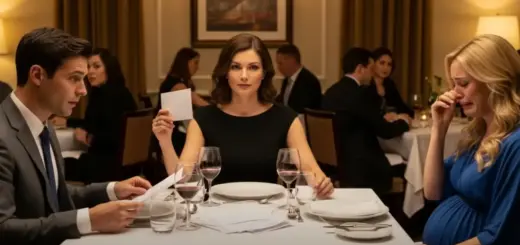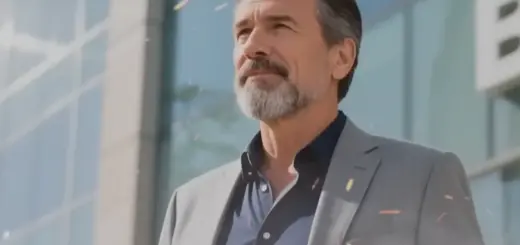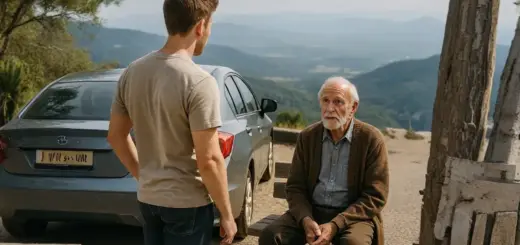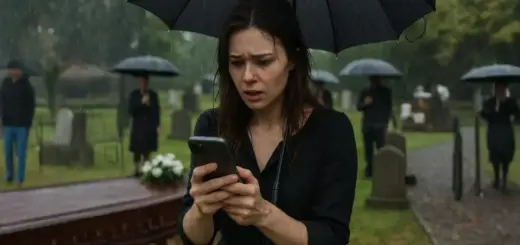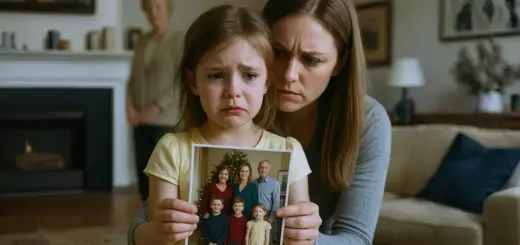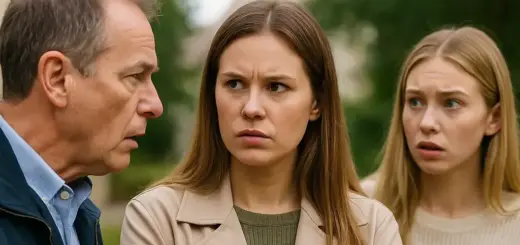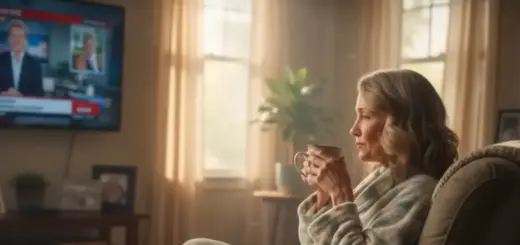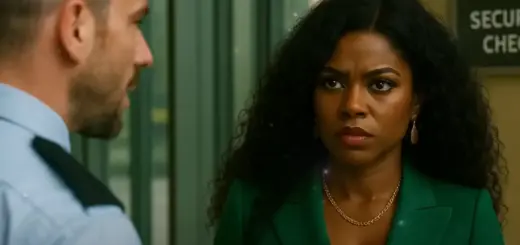The door opened before she could knock. A woman in a crisp blouse and tailored slacks, Lillian Hargrove, stood there, her expression polite but distant. Evelyn swallowed hard and forced a small nod as she stepped inside. The marble floors gleamed under her worn shoes, the chandeliers sparkled like frozen stars, and the silence of the place felt different from her own. Not heavy with grief, but with power.
Evelyn told herself this was just a job, a temporary solution to a practical problem. But as she followed Lillian deeper into the mansion, she couldn’t shake the uneasy feeling that she was crossing a threshold far more significant than she realized. Somewhere beyond these walls, life was about to change again, not with the crash of sirens this time, but with a heartbeat she had once known.
The first thing Evelyn noticed about Lillian Hargrove was how still she was. The woman stood in the grand marble foyer like a portrait, immaculately dressed in cream and charcoal, posture perfect, eyes sharp enough to cut through glass. «You’re the new housekeeper,» she said, her tone cool and measured.
Evelyn nodded, clutching the strap of her worn canvas bag. «Yes, ma’am.»
Lillian’s gaze swept over her, like she was assessing a piece of furniture. «We expect our home to be maintained to a certain standard,» she said, gesturing toward the sweeping staircase and polished oak railings. «Floors spotless, surfaces free of dust, silver polished weekly. I don’t tolerate shortcuts or excuses. If something is beyond your abilities, you tell me. Immediately.»
Evelyn murmured that she understood.
«One more thing,» she added, her voice dropping slightly. «My son Julian lives here as well. He’s very busy with his studies and doesn’t need distractions. Please keep your interactions with him to a minimum.»
The word stung more than Evelyn expected. She wasn’t in the habit of talking to anyone these days, let alone wealthy strangers. But the way Lillian said it, as if Evelyn’s presence itself might be a nuisance, reminded her painfully of how small she felt in this world. She lowered her eyes and nodded again. «Of course.»
The days that followed slipped into a new rhythm. Evelyn spent hours dusting endless bookshelves, polishing brass fixtures, and scrubbing tiled floors that gleamed like mirrors. The work was exhausting, but she didn’t complain. It was work that paid, and for now, that was enough. Still, she felt the weight of the house pressing in on her. The silence was too deep, the hallways too long, the portraits of ancestors staring down from the walls like silent judges.
Then, one afternoon, while she was wiping down the banister on the second floor, a voice startled her. «You must be Evelyn.»
She turned to see a young man standing at the end of the hall, dressed casually in jeans and a soft gray sweater, his expression open and warm in a way that clashed with the house’s cold grandeur. «I’m Julian,» he said, offering a smile that reached his eyes. «Sorry if my mom scared you off. She’s very particular.»
Evelyn chuckled softly despite herself. «I gathered that.»
Julian leaned against the wall, studying her with a curious tilt of his head. «I’m an architecture student, final year at MIT. I’m supposed to be drafting a project right now, but I’ve been staring at a blank page all morning. You ever have days like that?»
Evelyn blinked, caught off guard by how easily he spoke to her, as if she weren’t just the help. «More than I can count,» she replied quietly.
After that, she began to see Julian more often. Sometimes he’d pass through the kitchen with a cup of coffee and ask about her day. Other times, he’d nod politely as she vacuumed the living room and returned to his sketchbook. But the moment that carved itself into her heart came on a rainy Thursday afternoon.
Evelyn was dusting the parlor when Julian sat down at the grand piano in the corner and began to play. It was Chopin’s Nocturne in E-flat major, a piece she hadn’t heard in years. The melody was tender and aching, each note falling like a whisper into the room. Evelyn froze mid-motion, the rag slipping from her hand as tears welled in her eyes. She didn’t know why she was crying. Maybe it was the way the music seemed to reach into some locked place inside her, or the strange, almost familiar ache in her chest as she watched Julian’s fingers glide across the keys.
When the last note faded, Julian glanced over and noticed her standing there, eyes glistening. «It’s beautiful, isn’t it?» he said softly.
Evelyn swallowed hard, managing a nod. «Yes, it is.»
Later that evening, as she folded linens in the laundry room, her colleague Martha Green joined her, a sturdy woman in her sixties with kind eyes and a gentle voice. «You like the boy,» Martha said knowingly.
Evelyn shook her head quickly. «I don’t even know him.»
Martha smiled faintly. «Doesn’t matter. People feel it when a soul is good. Julian’s a good one. But he’s been through more than you’d think. Sickly as a child. Doctors weren’t sure he’d make it.»
Lillian—Martha paused, her eyes softening. «She lost a baby once. A little girl. Heart condition. Never got over it.»
Evelyn stood still, the words settling heavy in the room. Julian, frail as a child. A mother who had once watched her baby slip away because of a failing heart. The ache in her chest deepened, though she couldn’t explain why. She only knew that something about this house, about this boy, was pulling at a thread buried deep inside her. One that hadn’t been touched in fifteen years.
The afternoon light slanted gently through Julian’s bedroom windows, casting golden stripes across the polished wood floor. Evelyn moved quietly, dusting the shelves one by one, her thoughts drifting as they often did when the work was repetitive. It was a room full of youth. Sketches pinned haphazardly to corkboards. Books stacked in uneven towers. A model of a suspension bridge, half-built on the desk. It felt lived-in and deeply personal, a world far removed from her own.
She reached the tall bookshelf by the window and began to wipe each shelf carefully. That was when her hand froze in midair. Sitting near the edge of the second shelf, tucked between a row of architecture textbooks and an old, leather-bound journal, was a small wooden horse.
For a moment, Evelyn couldn’t breathe. Her heart slammed hard against her ribs, and the rag slipped from her fingers and floated soundlessly to the floor. She stared at the toy as if it were a ghost. It was small enough to fit in a child’s palm, carved from pale maple. Its surface was smooth but worn from years of being held. On its flank, barely visible now, was a faint scar in the wood, a slip of the knife she had made years ago and never sanded down.
Her vision blurred. She reached out a trembling hand and lifted the toy, turning it over slowly. On the underside, where she’d once carved the letters with careful pride, the faint remnants of «N.C.—Noah Carter»—were still visible. Evelyn’s knees gave out, and she sank to the floor, clutching the horse to her chest.
It was impossible. She had buried this part of her life fifteen years ago. The hospital had taken Noah’s belongings when they prepared his body for organ donation, and she had assumed they were lost forever. How could this toy, his toy, be here in Julian Hargrove’s room?
Her breath came in shallow gasps. The room seemed to tilt around her, the air too thin to breathe. Her mind spun wildly through possibilities, but every one led back to the same, devastating conclusion. There was no other explanation.
The sound of footsteps in the hallway snapped her out of the spiral. Evelyn scrambled to her feet, still clutching the toy, just as Julian pushed the door open. He stopped when he saw her, his eyes dropping to the small horse in her hands.
«Oh!» he said with a soft, almost wistful smile. «You found it.»
Evelyn blinked at him, her mouth dry. «I’m sorry, I was just—»
«It’s okay,» Julian interrupted gently, stepping closer. «That little guy has been with me for as long as I can remember. I call it my good-luck charm.» He took the horse from her carefully, holding it with a reverence that twisted Evelyn’s chest. «It came from the hospital. I was told it was a gift from the boy whose heart saved me and his mom.»
The room went silent. Julian stared at the wooden horse as if it held a piece of his soul. «I don’t know who they were. No one ever told me their names,» he continued, a small, thoughtful smile curving his lips. «But I like to think they were kind, brave, the kind of people who’d want someone else to live, even when they’d lost everything.»
Evelyn turned away, blinking back tears that burned her eyes. Her hands were shaking uncontrollably now, and she pressed them to her chest as if to hold herself together. She wanted to speak, to tell him that she was that mother, that Noah was the boy whose heart now beat inside his chest, but the words lodged in her throat, too heavy to lift.
Julian placed the horse gently back on the shelf, straightening it like a sacred relic. «I’ve had dreams about him,» he said quietly, almost to himself. «The boy. I don’t know what he looks like, but sometimes I feel like he’s still here, like he’s part of me.»
Evelyn couldn’t stay in the room a second longer. She mumbled something about needing to finish the laundry and hurried out, her breath ragged and uneven. The hallway blurred as tears spilled freely down her cheeks. She stumbled into the empty laundry room and gripped the edge of the counter, trying to steady herself.
Every beat of her heart echoed with the same realization, louder and louder until it drowned out everything else. Noah’s heart is here. It had never left this world. It had been beating inside Julian Hargrove all along. Evelyn pressed her palms to her chest and wept. Not the quiet tears of grief she had shed for years, but the deep, shaking sobs of a mother who had just found the impossible.
Her son was gone, and yet he wasn’t. His heartbeat still moved through this world. It laughed. It dreamed. It played Chopin in a sunlit room. For the first time in fifteen years, Evelyn felt something stir inside the hollow that grief had carved out of her—something raw and overwhelming and alive.
Evelyn barely slept that night. She lay awake, staring at the ceiling of her small apartment. The wooden horse burned in her memory. Every time she closed her eyes, she saw Noah’s small hands clutching it, felt the weight of his head against her chest, heard his laugh echoing through the narrow halls of their old home.
And now, fifteen years later, that same toy sat on a shelf in Julian Hargrove’s bedroom, and Noah’s heart was beating inside his chest. The realization had cracked something open inside her, and everything spilled out—the grief she had kept buried, the longing she had learned to live with, the desperate love that had never faded.
But with that flood of emotion came another feeling she couldn’t shake—fear. What would happen if she told Julian the truth? Would he see her as a stranger invading his life? Would he recoil from the knowledge that the heart inside him once belonged to a boy who died on a rainy October morning? Worse, would Lillian—proud, icy Lillian—use it as a reason to push Evelyn out of the house and away from the last living piece of her son? The thought of losing that, of losing him again, was unbearable.
The next morning, Evelyn moved through her tasks on autopilot, her hands scrubbing and dusting while her mind spun in endless circles. Julian passed her in the hallway and offered his usual warm smile. But now, just looking at him made her throat tighten. Every gesture, every laugh, every absent-minded hum of a melody carried traces of Noah, not in a way she could explain, but in a way she could feel.

